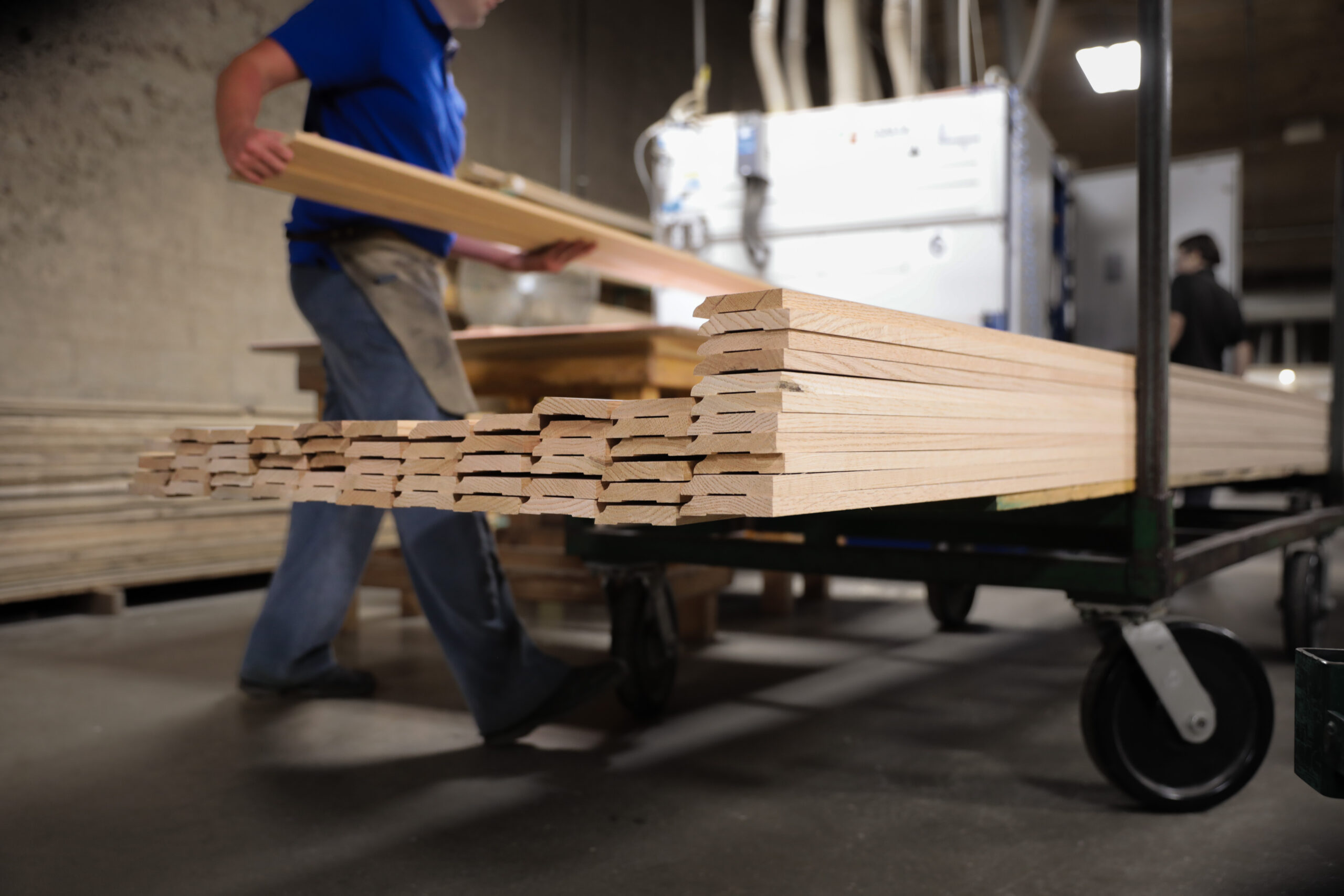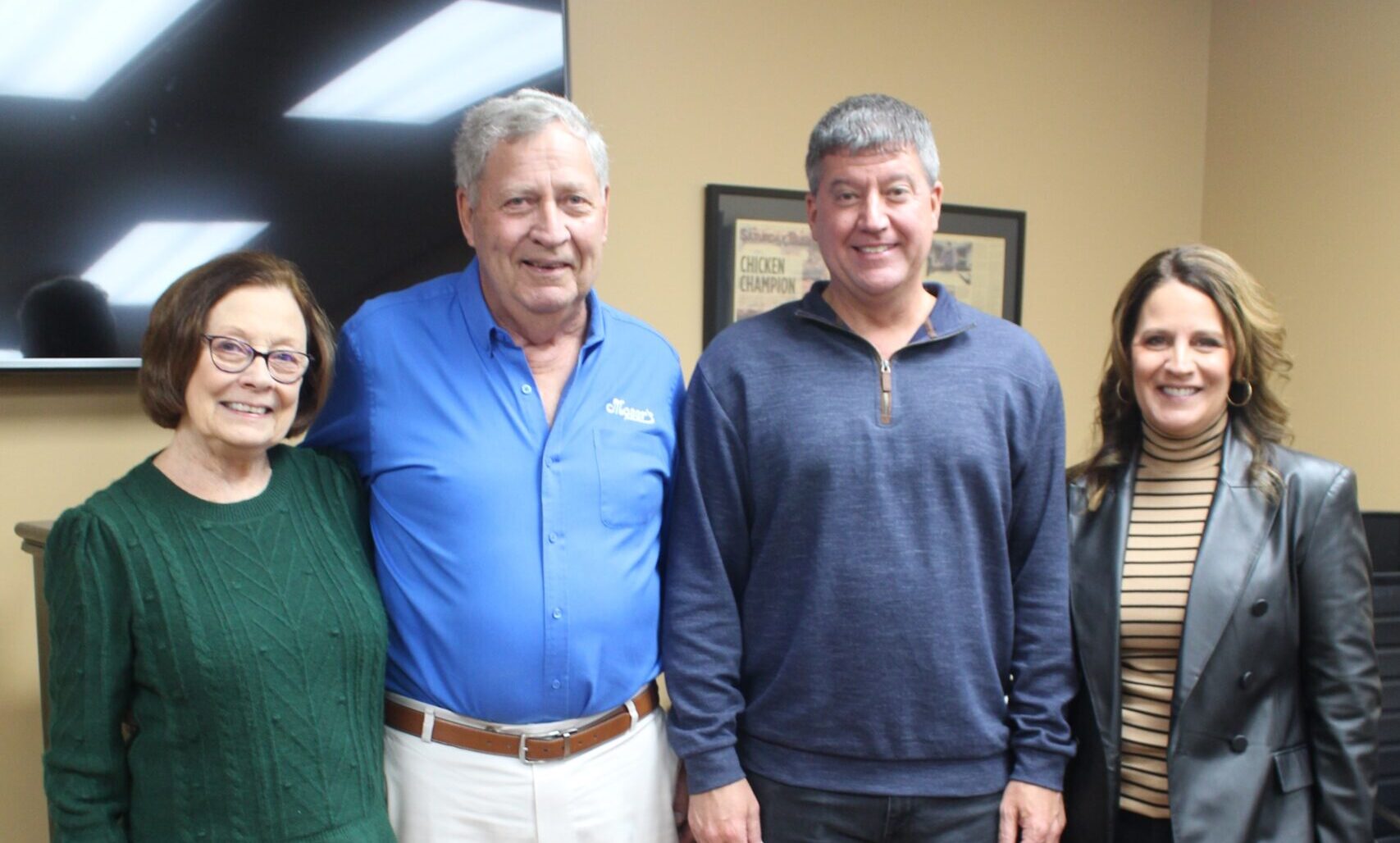
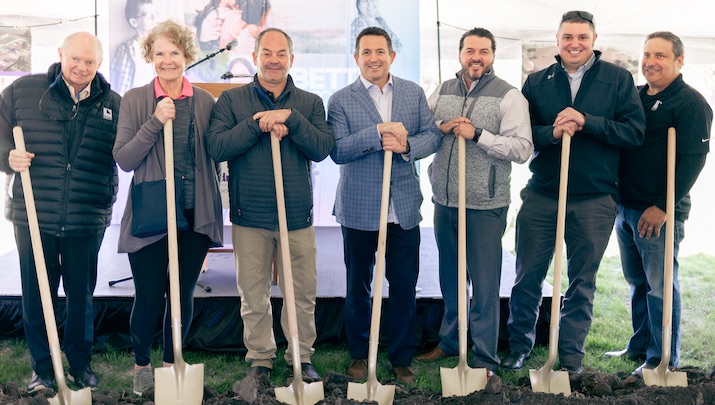
How The Great Recession Helped Us Survive The Pandemic
- Chris Thorkelson
- Lloyd Companies
When the Great Recession hit in 2008, I was five years into my career at Lloyd Companies, the full-service real estate firm founded by my aunt and uncle, Pat and Craig Lloyd, in Sioux Falls, South Dakota in 1972. As 2008 approached, we were coming off of our best years ever, having evolved to offer development, real estate, construction, and property management.
But the Great Recession would force a reckoning for our company and prompt us to make significant changes—changes that would ultimately allow us to survive through the recent pandemic as well. There’s no doubt in my mind that navigating that intense period strengthened our business, helping to ensure the long-term sustainability of our company.
Partnership Parameters: Good Partners Want Good Partners
My uncle Craig loves people and appreciates nothing more than seeing others succeed. As he and Pat built the business, he enjoyed working with friends and acquaintances in the community to develop properties. He sealed deals with a handshake, and he always honored his obligations.
But in 2008, when many people were overleveraged and without the cash reserves to uphold their obligations, we found ourselves scrambling to satisfy the banks when called to make up partners’ debts as well as our own. We depleted our cash reserves and stretched ourselves thin. It was clear that we needed to take a hard look at how we identify more financially conservative partners and implement best practices around our operating agreements.
That awakening prompted us to execute a process of due diligence in our operating agreements, wherein, together with our banks, we work to vet potential partners. This allows us to approach each deal with sound financial footing and assurance of a shared, mutual responsibility. Having seen how quickly things can fall apart in the face a financial crisis, we added critical clauses and language to formalize agreements and structure terms to ensure that each partner will be protected in worst-case scenarios.
In the years since, as we’ve developed projects with these guidelines in place, the process has been affirming. The reality is, good partners want good partners, and the upfront work to ensure a healthy partnership leads to long-term success and good will.
In addition to key learnings around partnerships, the drain on our cash during that period focused our attention on the importance of significant cash reserves. As property developers, we’re not averse to risk, and there were times in the past when we had operated from a cash-poor position, but the Great Recession provided a view into the potentially dire consequences to businesses that weren’t able to pull through due to a lack of cash. Having experienced that impact, we committed to maintaining a minimum of three months of operating cash on hand to be able to pay our people and maintain normal business operations should we have completely exhausted our emergency reserves and have no incoming revenue.
Planning and Process: Building Structures for Long-term Success
As we navigated the impact of the Great Recession on our bottom line and implemented key guardrails to protect the business moving forward, the need for defined leadership and strategic planning also became clear. We saw our industry hit hard, and we understood that if we wanted to build a sustainable business for the long-term, we needed to plan for that future.
Craig had spent years with his fingers in all aspects of the business—the visionary founder who still managed all divisions. Through 2008-2009, we felt the strain of that model. We were running really thin. Pretty soon, that became unsustainable. Craig was essentially managing all divisions, but he recognized at that point that it would be necessary to install key leaders to be accountable for each division and help guide us through this tough period. Having served in a variety of positions up to that point, I was given the opportunity to become the head of the construction division, my first key leadership role.
As we began to develop leadership of the various divisions, we also saw the need for strategy that existed outside the founder’s head and a clear plan for succession. That recognition led to the first strategic planning efforts in the company, in which we developed a seven-year plan to build out leadership structure and plan for my succeeding Craig as CEO in 2015. Craig’s daughter, my cousin Christie, stepped away from an operational role in property management to lead family governance efforts at the same time, which led to the creation of our advisory board, among other key planning efforts.
Pandemic: Preparation and Purpose
Those intense years of effort responding to the lessons of the Great Recession brought significant change to Lloyd Companies. We are now a team of 230 people with nearly $1 billion in assets under management in three offices and two states. We have a senior leadership team of nine and managers in place across seven divisions.
The development of that team, the formalization of many operational and partnership processes, and the commitment to cash reserves all proved essential in seeing us through the recent pandemic. While there were significant differences in the way the most recent period of challenge affected our business, having the security of cash on hand, resilient leadership, and reliable partners provided assurance that we would be able to care for our team, support our customers, and meet our financial obligations.
While I believe all of those changes have been and will continue to be factors in our sustainability, I think it’s our core value of long-term relationships—internally and externally—that has been, and will remain, the thing that carries us forward.
When our team was faced with the immediate impact of the pandemic on the business and on their personal lives, we moved ahead to operate from that foundational value to serve customers and support one another. Because if there’s any lesson to be gleaned from times of challenge, it’s this: you will typically not be judged by your character, demeanor, abilities, or limitations during the good times; however, your actions and the way in which you act will be highly scrutinized in the toughest of times. Fortunately, 2021 will be the best year in the history of the company.
Chris Thorkelson is President and CEO of Lloyd Companies.
More Articles and Videos
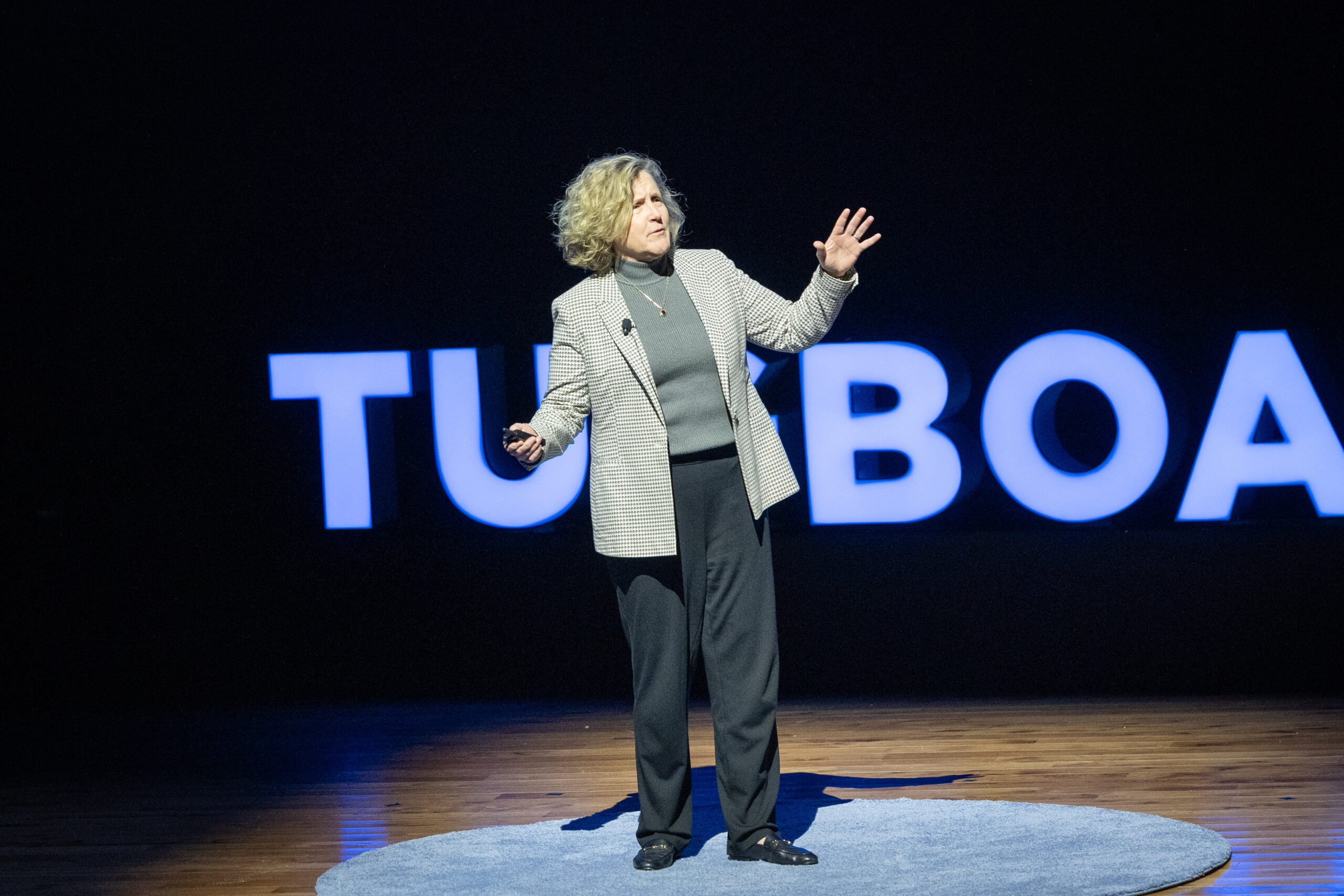
Both/And Thinking: Harnessing the Positive Potential of Tensions
- Marianne Lewis
- Carl L. Linder College of Business, University of Cincinnati
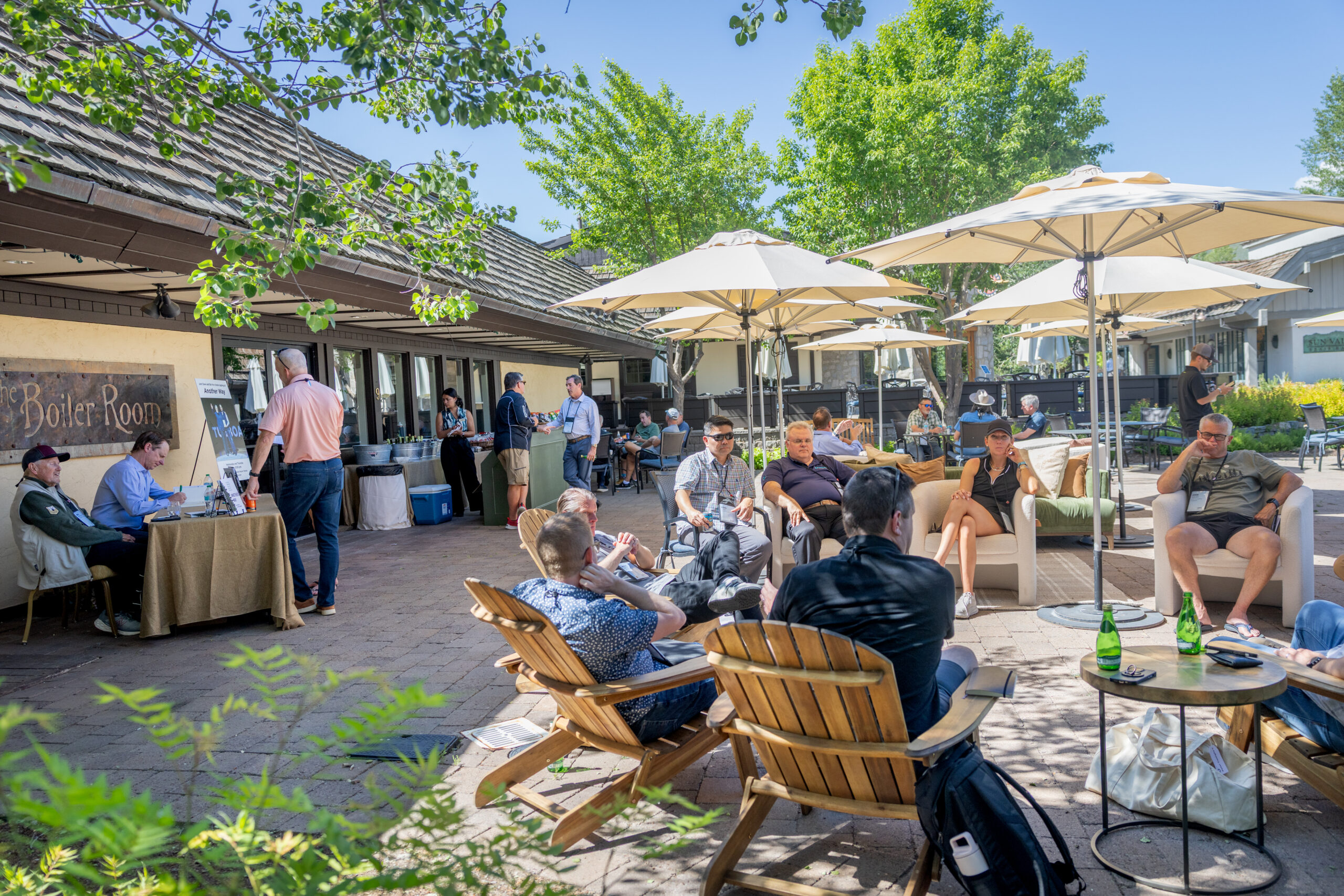
Leading Through Uncertainty – Tugboat Institute® Summit 2025
- Jackie Hawkins
- Tugboat Institute

Get Evergreen insight and wisdom delivered to your inbox every week
By signing up, you understand and agree that we will store, process and manage your personal information according to our Privacy Policy
